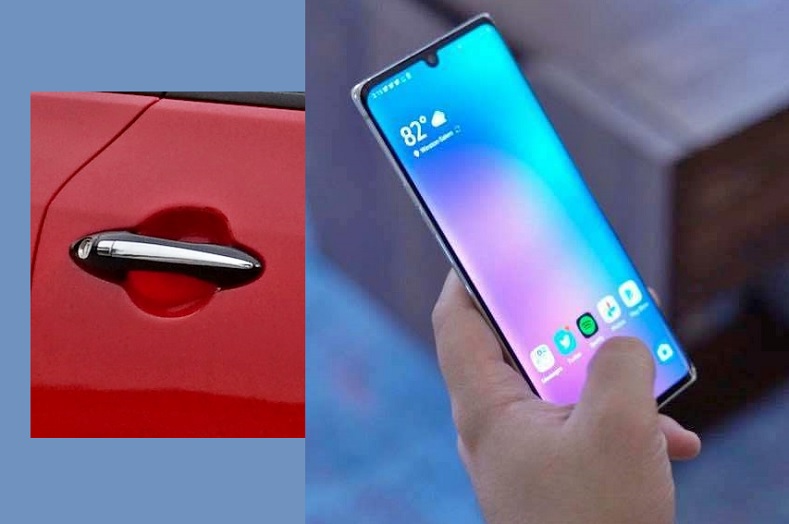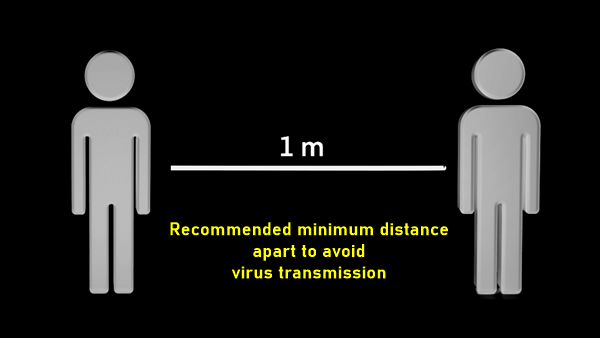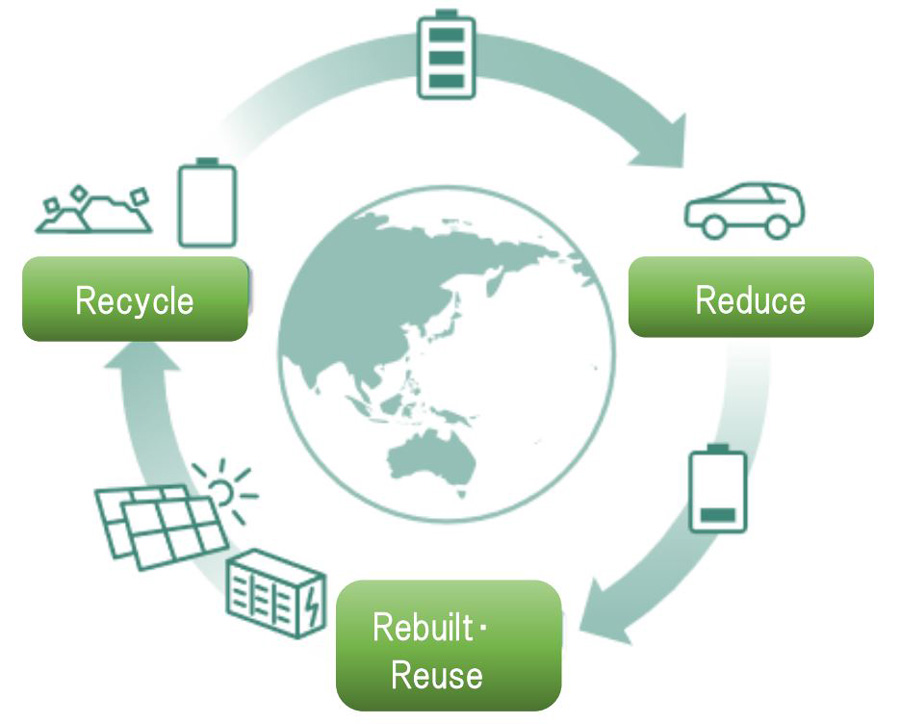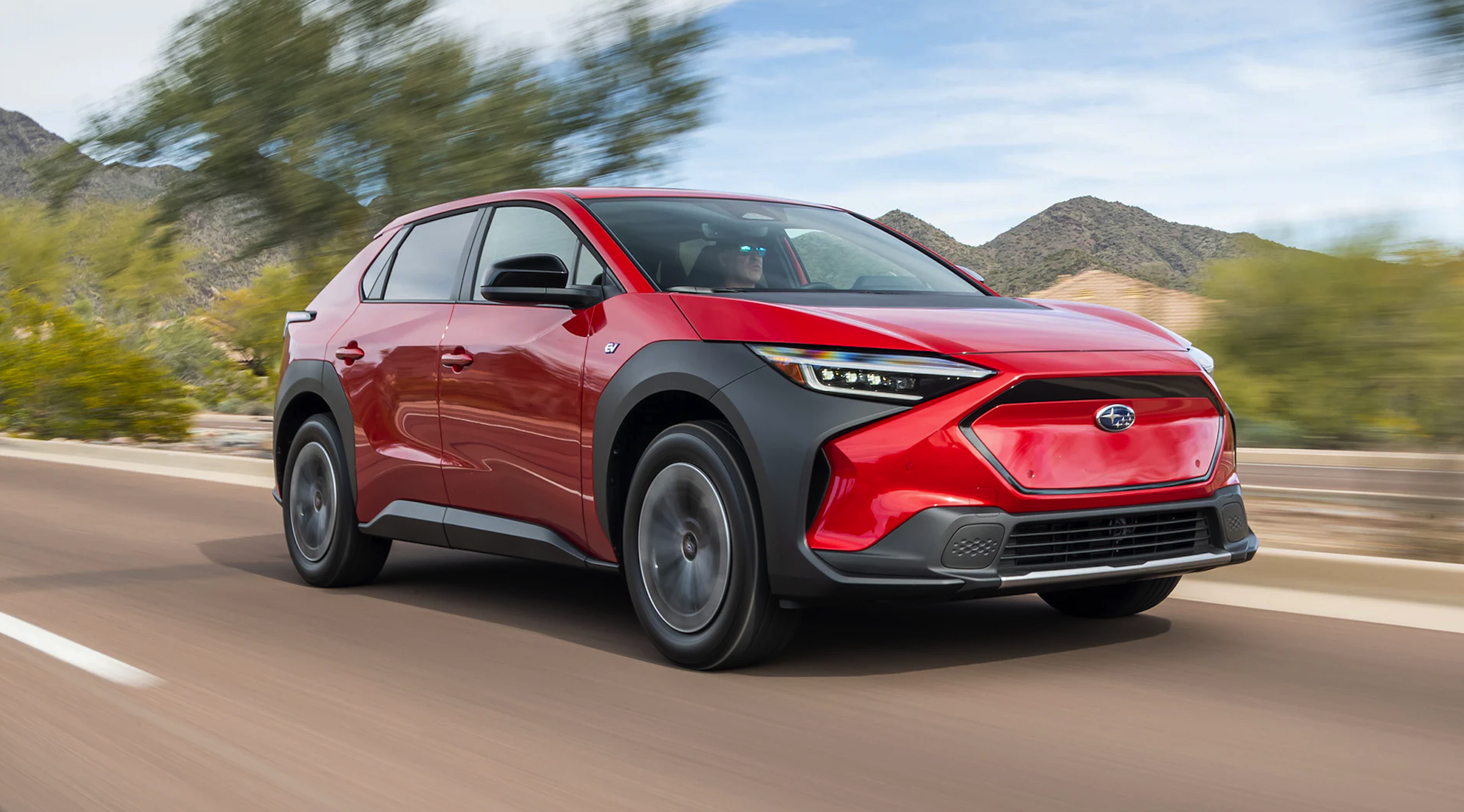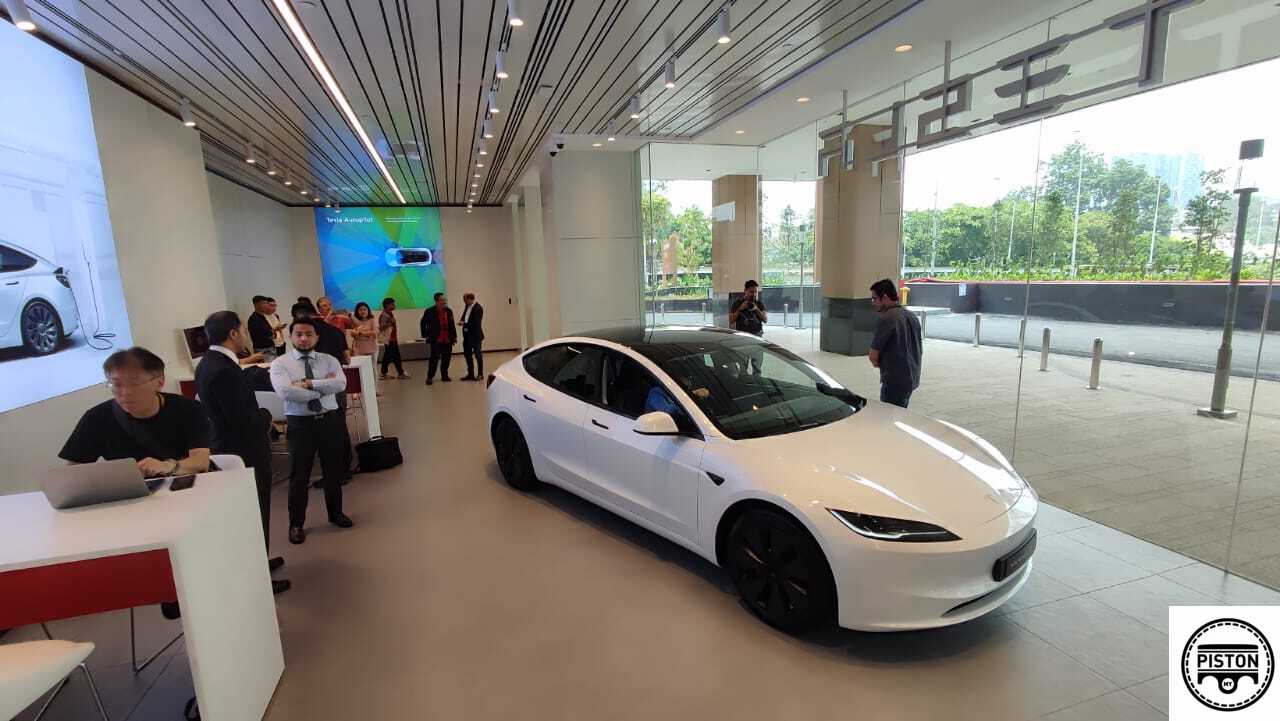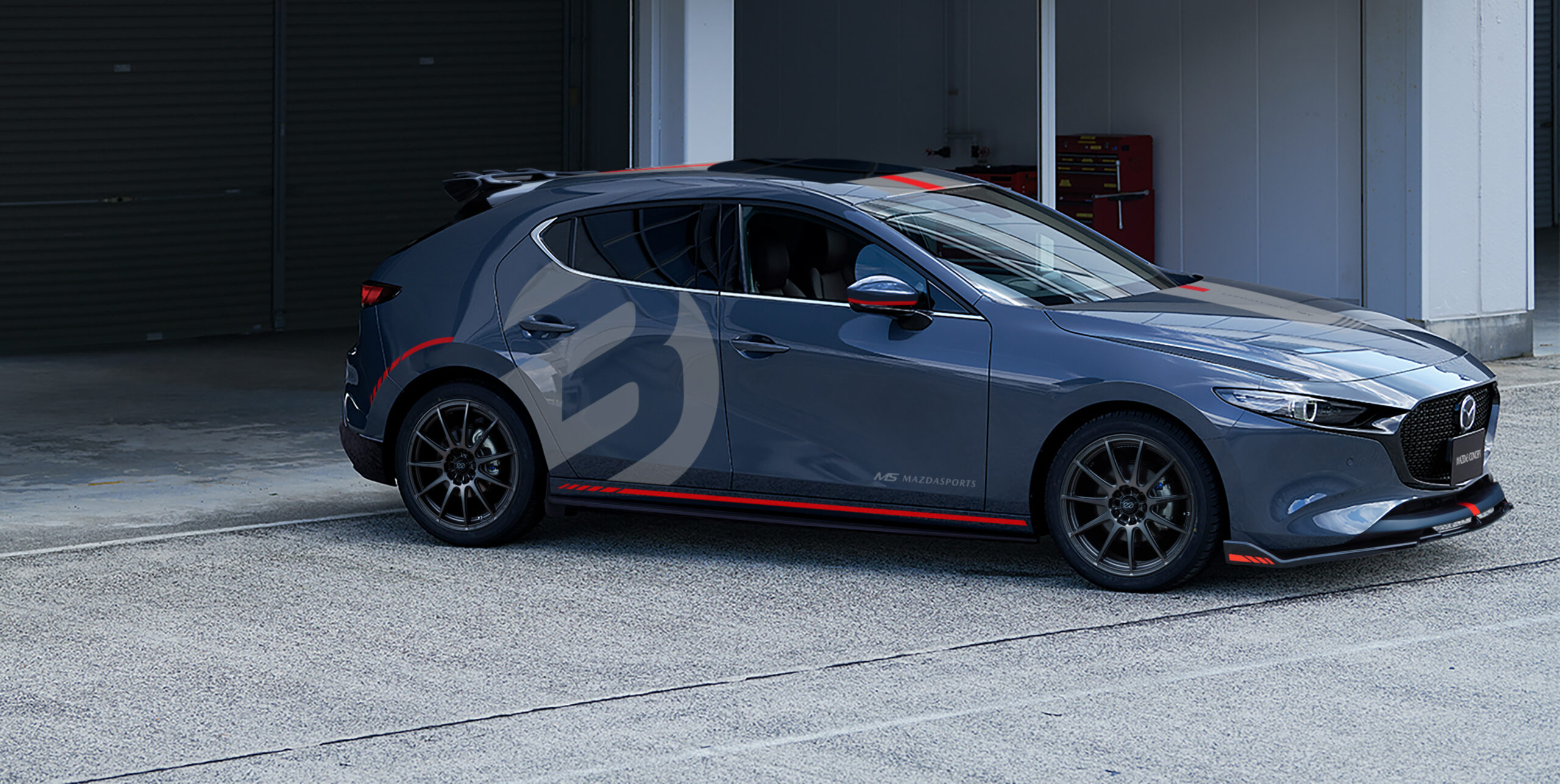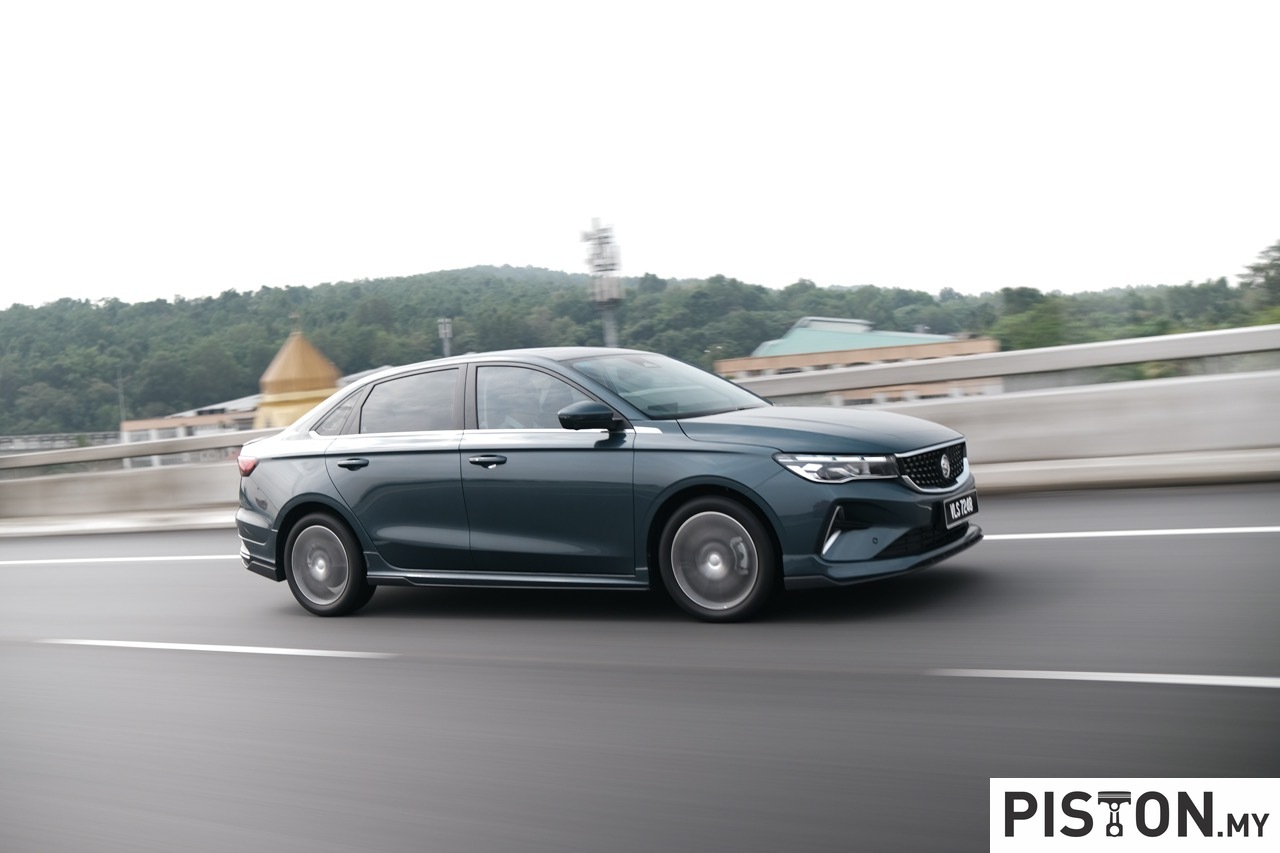The age of the car key – to unlock the doors and start the engine – is almost past. Today, almost all new cars sold have keyless entry and many have a button to start the engine, even the lower-priced ones. Not having to fumble with a key is a great convenience which anyone would appreciate.
Now, even that is set to change as the industry looks at using the smartphone to store a ‘digital key’. According to Strategic Analytics, a global market research institution, the number of vehicles with a digital key in the global market will increase by 360% from 6.3 million units in 2020 to 28.9 million units in 2025. BMW has already begun offering such a feature using Apple’s iPhone and it is not only to unlock doors but can also be used to start the engine.

Available to the industry
The feature is likely to soon spread to other carmakers as Korea’s LG Innotek has succeeded in developing a digital car key module which can be offered to other companies. The module is a communication component that is installed in a car and allows wireless data transmission between a car and a smartphone.
As the car sharing and rental services have grown recently, the demand for a digital car key module has increased every year. But the existing digital car key modules have had low location detection precision and concerns for low security as they were prone to hacking, etc. LG Innotek’s module is said to detect the smartphone location 5 times more precisely than existing modules and provides enhanced security. The module’s error range between the actual smartphone’s location and the recognition location has been reduced from 50 cm to under 10 cm.
For example, if an existing car key module detects that a smartphone is located between 4.7 metres and 5.2 metres from the module when the phone is actually 5 metres away, LG Innotek’s module can detect that the smartphone is located between 4.9 metres and 5 metres, which is a fairly good accuracy.
Increased security
The digital car key module developed by LG Innotek uses the ultra-wideband technology (instead of Bluetooth low energy technology), which is a wireless LAN communication technology, and a proprietary algorithm, improving the location detection precision. In addition, the module has increased the security by applying a proprietary hacking prevention technology.
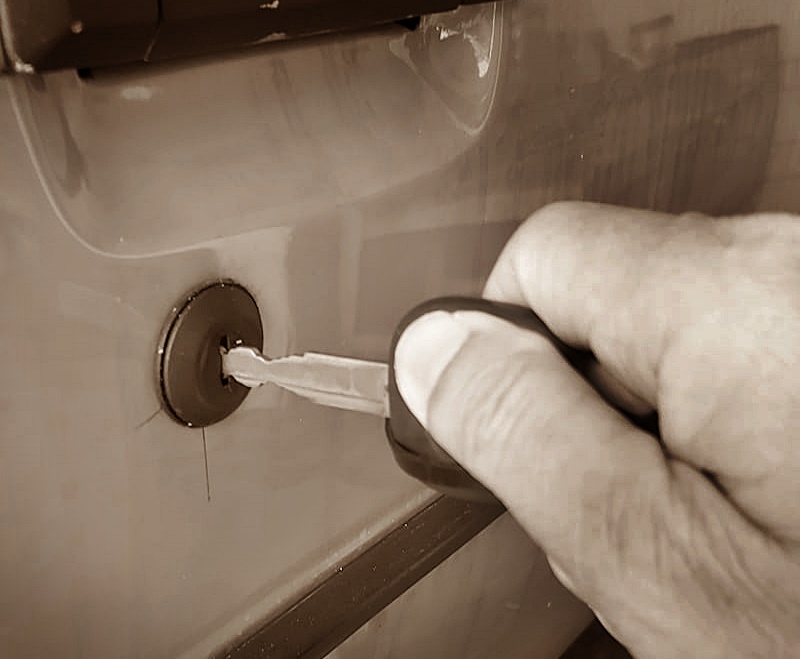
The more precisely the module detects the location of a smartphone, the more diverse and more convenient functions can be implemented, eg unlocking the driver’s door in advance or even starting the engine automatically. The smartphone must be inside the car to drive it, reducing the risk of car theft.
Easier sharing of digital key
Users can lend the digital key to another person or allow only specific functions, such as opening or closing of the boot, using a smartphone app. In addition, it can provide a driver with personalized driving environment. When several people use the same car, the module can recognize the smartphone location and set the driver’s seat or door mirrors automatically for the corresponding driver. The smartphone can also provide an overview of vehicle conditions, such as driving distance, fuel efficiency, tyre pressure, etc.
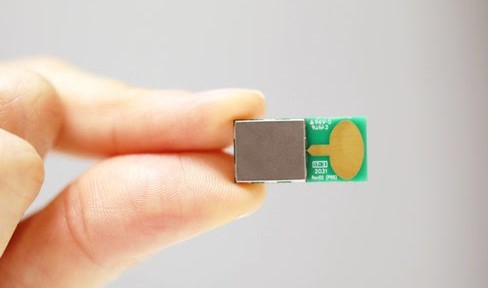
The digital car key module is compact and slim -similar to the size of a single clip – thanks to the ultra-precision high integration technology. It contains around 60 components including an RF (radio frequency) element and power block element. With its compact size, it can be freely installed anywhere inside and outside the vehicle.
The module complies with the latest standards of the Car Connectivity Consortium, a global digital key standardization organization, allowing it to be used regardless of country and vehicle type. With this component, LG Innotek plans to actively make inroads into the market for next-generation communication components. The company is actively running promotions targeting global manufacturers of vehicles and vehicle components in the US, Japan, and Europe as well as in Korea with the aim of mass-producing the product later this year.
Samsung Digital Cockpit continues to evolve with new ideas (w/VIDEO)




